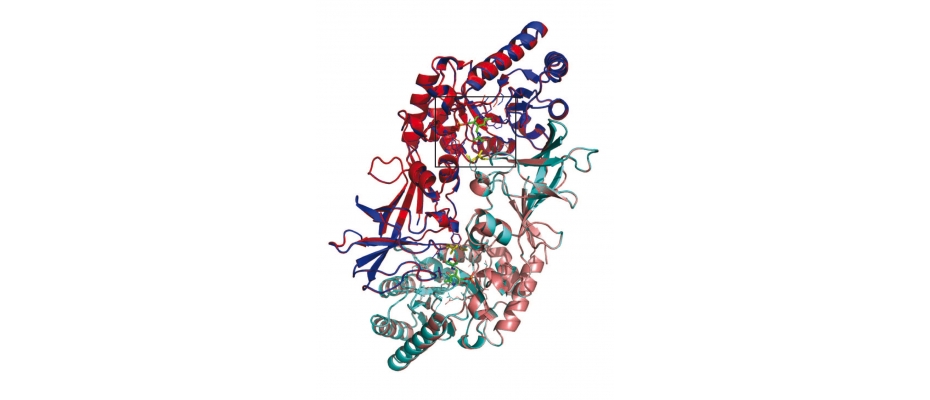
The researcher from the Centro Nacional de Análisis Genómico (CNAG) and the Centre for Genomic Regulation (CRG) Marc A. Marti-Renom has participated in a study that reveals the potential of rapid whole-genome sequencing in a hospital setting to reduce the time taken to diagnose extensively drug-resistant (XDR) tuberculosis from weeks to days. The study published as a Letter to the Editor in The New England Journal of Medicine reported a finding that might guide clinicians and reference laboratories in the identification of drug resistant tuberculosis.
The study, led by researchers from the University of Cambridge and Public Health England, started when a 38-year old male patient had a first admission to a hospital with clinical and radiological features consistent with pulmonary tuberculosis. Current laboratory methods of identifying and typing Mycobacterium tuberculosis complex (causative agent of most cases of tuberculosis) were performed. In parallel, DNA was extracted from the sample and sequenced with the use of the Illumina MiSeq platform.
The results of rapid whole-genome sequencing revealed a mixed infection caused by two distantly related Beijing strains of M. Tuberculosis that was not apparent with the standard laboratory techniques. It also identified that the second strain, which was responsible for the 30% of the bacteria present in the patient, had a mutation in a gene targeted by antibiotics. The 3D modelling of the mutated protein structure strain, performed by the CNAG and CRG researcher Marc A. Marti-Renom, helped to better understand the molecular mechanisms that underlie XDR tuberculosis.
The study suggests that rapid whole-genome sequencing complements current methods for identifying and typing M. tuberculosis complex offering the ultimate molecular resolution in a hospital setting.
The image is a 3D model of the alanine racemase protein which shows the mutation that causes the resistance to therapy.
Work of reference:
Whole-Genome Sequencing for Rapid Susceptibility Testing of M. tuberculosis











